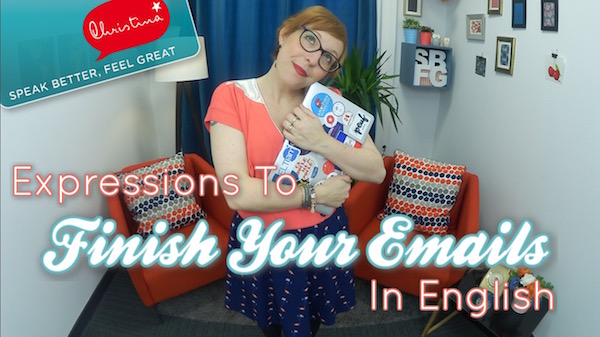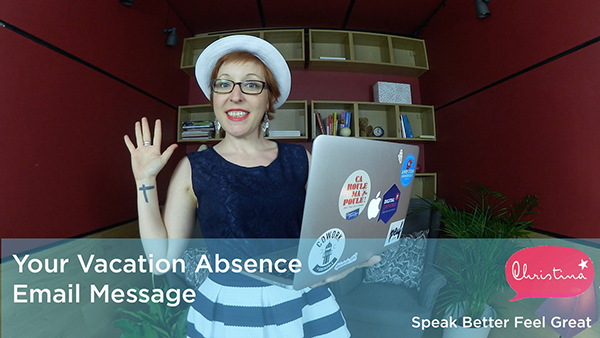
A Nigerian prince had $ 41 million to launder and if I helped him, he would give me 20%. I did the math and it was $ 8,200,000.00
Ka-ching!
Then, out of curiosity, I kept reading (really just out of curiosity … of course).
A reliable contact gave him my name and he trusted me completely. He had over-invoiced large state contracts and wanted to prepare his retirement with the rest of the money.
But there was a change in the situation and now he needed my help to get all this money out of the country before it fell into the wrong hands.
You also received the same mail?
Hmm … suspicious …
Did you see how he signed his mail?
Yours faithfully,
Prince Chiedu Boglo
C’est sûr. Ce message, c’est un scam. Personne de crédible ne signe un mail “Yours faithfully,”
It’s certain that this message is a scam. No credible person signs an email “Yours faithfully,”
That sent up the red flags.
The polite form in English made me say“Forget about it, Mr. Prince Chiedu.”
(OK, it was also the fact that I don’t know a Nigerian prince and less a Nigerian prince with lots of money to give me, just like that …).
This little polite expression is called the closing greeting in English. It is a very small part of your mail, but if, in your everyday mails you use something like
Sincerely yours, or Thanks for your consideration, it says something about you.
- That you are old-fashioned, or
- That you lack confidence
Oops. This is probably not the effect you want to make.
So what kind of polite expressions in English do you use to finish your emails?
That’s what you’ll learn in this week’s episode of Speak Better, Feel Great TV:
What about you?
Tu utilises quelle formule de politesse à la fin de tes mails ?
Tell us about it in the comments. We will see which closing greeting is SBFG Community’s favorite!
Christina
Thank you as always for reading, sharing and joining in!
Have a fantastic week in English,
Christina
More great stuff...
Clique l'image pour lire l'article. C'est presque magique !









Hi Christina,
I mostly use “Best regards”.
I have received some emails from colleagues that I have a good contact with who use “Cheers”, do you think this is ok?
I often write emails where I request something from somebody and would like to use a closing salutation telling them that I thank them for what they will do for me, in French we use “Merci d’avance”, is there something similar in English?
Thank you
Adèle
Hi Adèle,
Good question! Yes, I also have friends and colleagues who end their email with “Cheers”. Yes, I think it’s ok if you know the person a little bit. For example, I probably wouldn’t use it with someone I don’t know, or in a more formal-style email (sending invoices to a big company where I don’t know the person who handles the invoices; Requests for information if it’s the first time I’m writing that person; etc.) But for people I correspond regularly with, “Cheers” would be fine.
For the equivalent of “merci d’avance”, you could write “Thanks in advance,” !
Great questions! Thanks!